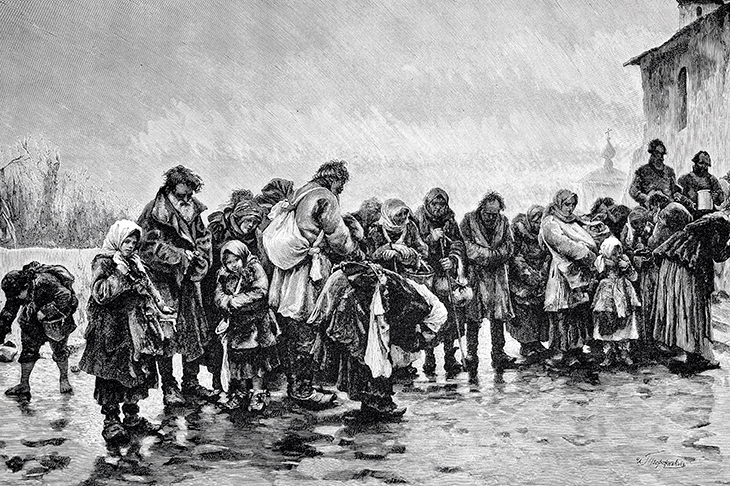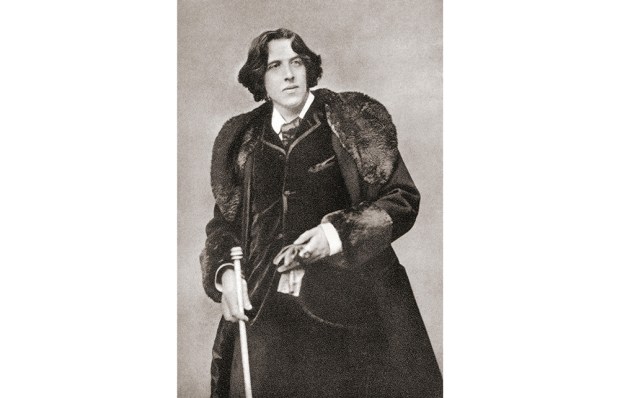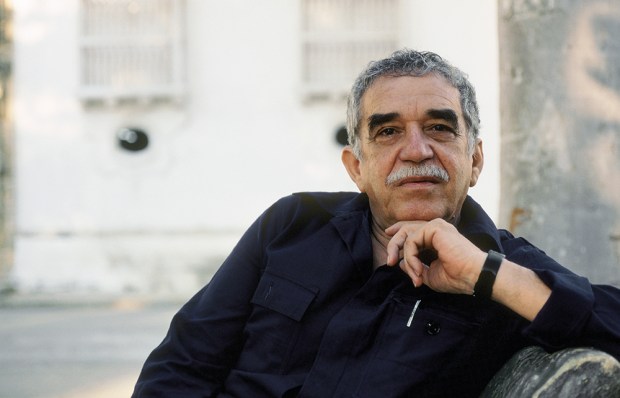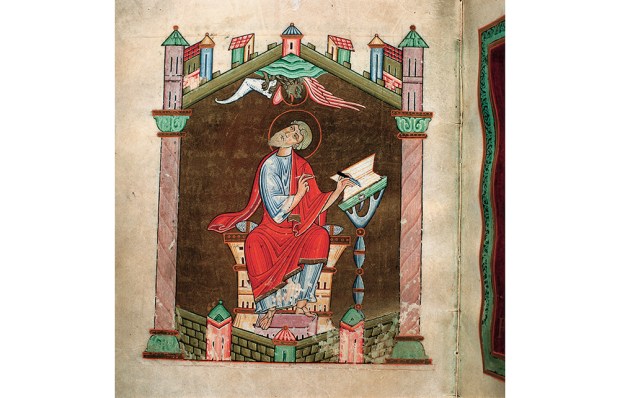When Martin Puchner was a child, tramps would turn up at his family home in Nuremberg to be fed by his mother. His father explained that they were drawn by a zinken (sign) associated with Rotwelsch, a language spoken by vagrants and criminals whose name is derived from two terms: Rot (beggar) and Welsch (incomprehensible). The zinken, a cross within a circle carved into the house’s foundation stone, told them that lechem(bread) could be had there. Rotwelsch became Puchner’s key to unlocking a cupboard of family skeletons.
His grandfather, Karl, the director of the Bavarian State Archive, was one of many unrepentant Nazis who benefitted from the swift changes in the status quo that followed Germany’s defeat in 1945 and the new threat from Soviet Russia. He was not personally involved in the Final Solution but he was an enthusiastic Nazi and a rabid anti-Semite.
In his article ‘Family Names as Racial Markers’, published in Writings of the Bavarian State Association for Family Studies in 1934, Karl argued that ‘language experts such as himself should distinguish between Jewish-sounding German names and German-sounding Jewish names’. Enlightenment emancipation, he believed, had led to Germany’s ‘Jewification’ (a word favoured by Hitler). Yiddish, a strange mixture of Hebrew and German, was ‘disgusting’ and Rotwelsch — which included the gypsy languages Sinti and Romany in its mix — more so still. Karl advocated a directory of Jewish names.
His two sons inherited his interest in Rotwelsch but not his racism. They were a Bohemian, altruistic, philo-Semitic pair. Uncle Günter in particular became obsessed with the language. After his death, Martin discovered boxloads of documents devoted to Rotwelsch, including translations from Shakespeare and the New Testament. Puchner believes his uncle was making amends for his Nazi father’s twisted take on the language. Martin and his father, meanwhile, enjoyed country walks where they would seek out Rotwelsch zinken in isolated farmhouses. Yet Puchner never establishes any direct connections between his mother’s feeding of tramps, his grandfather’s sinister relationship with Rotwelsch and his uncle’s and father’s involvement with the language.
If Puchner’s family history does not add up, nor does what he tells us about the language that supposedly links it together. Their home town, Nuremberg, is Hikel-Mokumin Rotwelsch. Puchner claims that the name derives from two Yiddish words — Mokem (a place) and Heykhl (a temple) — but both words actually derive from Hebrew, a language that predates both Yiddish and Rotwelsch. Though Yiddish influences probably did creep into Rotwelsch as it evolved, it seems arguable that Yiddish and Rotwelsch might have developed as separate Germanic linguistic strains with Hebrew influences. One became the language of central and eastern European Jewry, spoken by ten million at the time of the Holocaust; the other was the code of a much smaller, predominantly non-Jewish, group of criminals and vagrants. Yet Puchner claims, with no evidence:
If Yiddish… played a larger role than the other languages, it was because vagrants would have interacted with Jewish peddlers and Jewish gangs and borrowed from their way of speaking.
Discussing his uncle’s translations of Shakespeare into Rotwelsch, Puchner incorrectly states that Yiddish literature was kick-started by translations from established European literary traditions. Rich seams of Jewish history, legends and liturgy informed the works of the first great Yiddish writers.
At least the Yiddish language is relevant to Puchner’s titular themes. A digression on Wittgenstein, ‘my favourite language philosopher’, describes his Viennese home but not the private language argument. Another on Esperanto, an artificially constructed language, sheds no obvious light on the origins or development of Rotwelsch. Yet Polari, the language of gay English subculture, used, like Rotwelsch, by members of a marginalised group to converse without being understood by outsiders, receives no mention.
Puchner claims new languages evolve ‘in places where people from different origins are thrown together in communities that must struggle for survival… such as the refugee camps along contested borders’, but supplies no evidence to support or develop this interesting assertion. Concerned that ‘the old enemies of Rotwelsch are resurgent’, he maintains that
the re-birth of anti-immigration nationalism… has reached all over the world, manifesting itself in the persecution of migrants and minorities, from Christians in Egypt to Poles in England.
My well-integrated Polish friends, who pray freely in Catholic churches, might be surprised to see their situation equated to that of embattled Coptic communities who risk terrorist atrocities when they gather in theirs.
Elsewhere we learn that Puchner marched in opposition to the Second Gulf War and that he enjoyed eating pork shoulder with his Jew-hating grandfather but has since become a vegetarian. Proving liberal credentials is the third theme of this short, diffuse book in which the threads of all three are left dangling, never interwoven to create the hoped for tapestry.
Got something to add? Join the discussion and comment below.
Get 10 issues for just $10
Subscribe to The Spectator Australia today for the next 10 magazine issues, plus full online access, for just $10.
You might disagree with half of it, but you’ll enjoy reading all of it. Try your first month for free, then just $2 a week for the remainder of your first year.














Comments
Don't miss out
Join the conversation with other Spectator Australia readers. Subscribe to leave a comment.
SUBSCRIBEAlready a subscriber? Log in